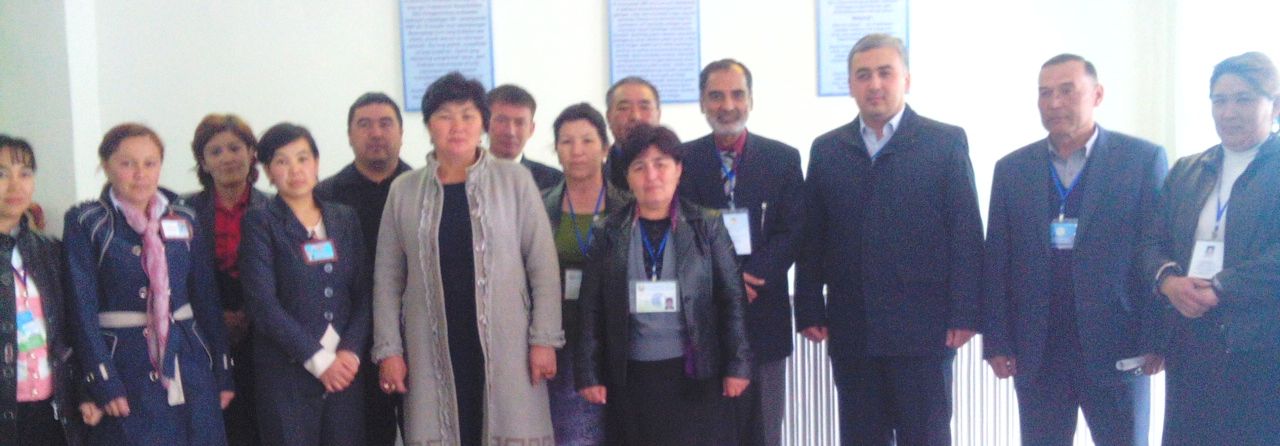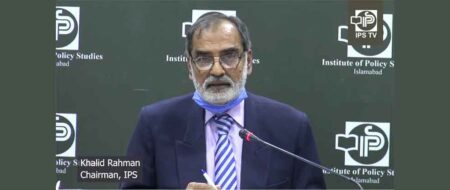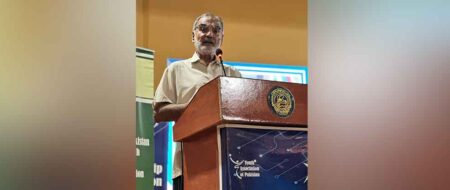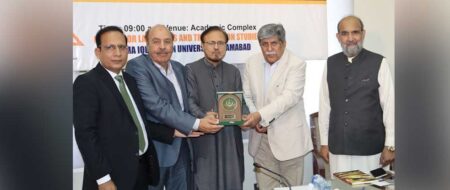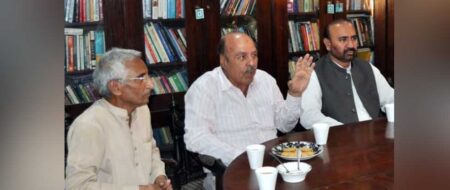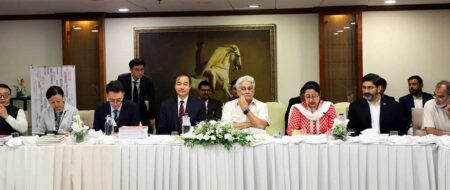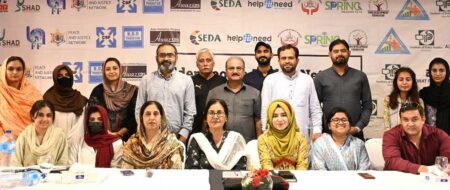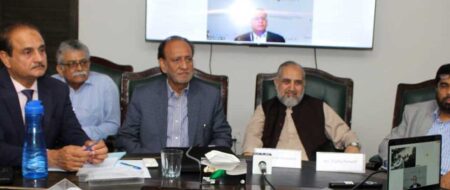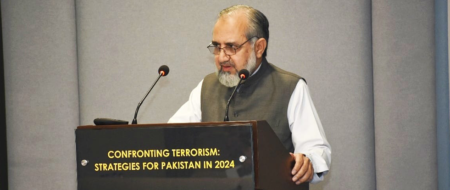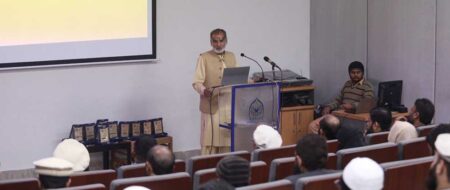DG-IPS visits Uzbekistan as international observer for its presidential elections 2015
On the invitation of the Central Election Commission of the Republic of Uzbekistan (CEC), DG-IPS Khalid Rahman visited Uzbekistan from March 25-30, 2015 as an International observer to observe the country’s presidential elections held on March 29, 2015.
Rahman, who was one of the eight Pakistanis to become part of international observation mission that consisted of around 300 observers from across the world, travelled to Uzbek capital Tashkent and the city of Khiva for the purpose during his five-day stay in the country.
In a briefing session held at IPS on March 31, 2015 upon his return, Rahman gave a succinct account of his trip where at first he was briefed by CEC about the elections, its mechanism, the candidates and their campaigns, and then was facilitated well to visit polling stations of his choice in different urban and rural areas to observe and interact with the voters directly.
The speaker felt that the elections looked reasonably fair as he found overwhelming support for the victor Islam Karimov – who has also held the position of country’s president since 1991 – during his interaction with several intellectuals, scholars as well as the people from grass root level. He said that he generally found people satisfied with Karimov’s regime as they saw considerable stability, development and economic growth in the country during his tenure.
DG-IPS also had useful meetings with country’s eminent academics such as Abdumalik Djumanov, rector, University of World Economy and Diplomacy and Abdurahim Mannanov, rector, Tashkent State University of Oriental Studies, alongside the leadership of other institutions including Abdukhalimov Bakhrom from Academy of Sciences of Uzbekistan, Ismatullayev Jamshid from Institute of Strategic and Regional Studies and Prof. Bakhtiyar T. Ibragimov from Uzbekistan Academy of Sciences, all of whom felt the need of increased bilateral exchanges between Uzbekistan and Pakistan in various areas of mutual interest.


